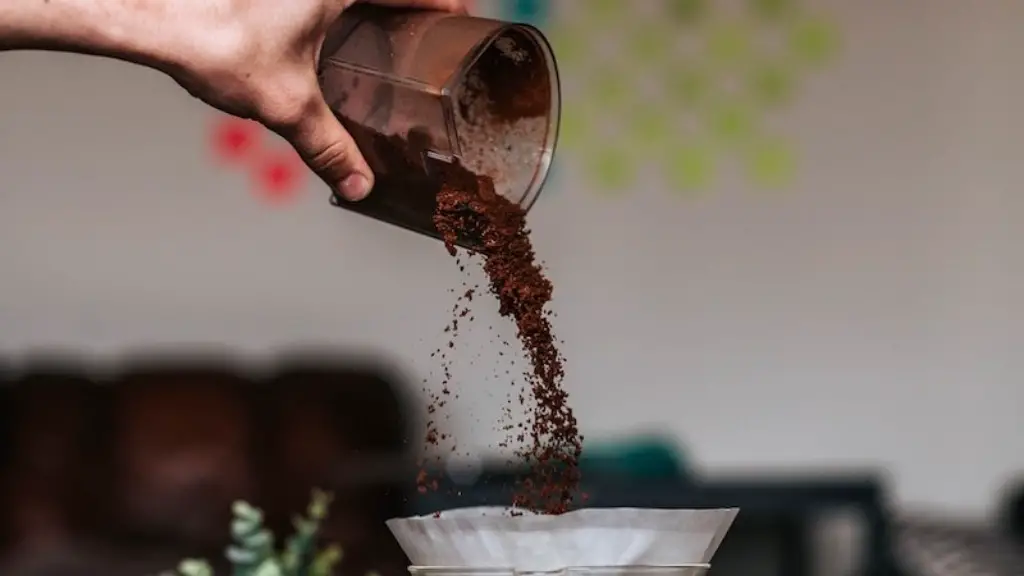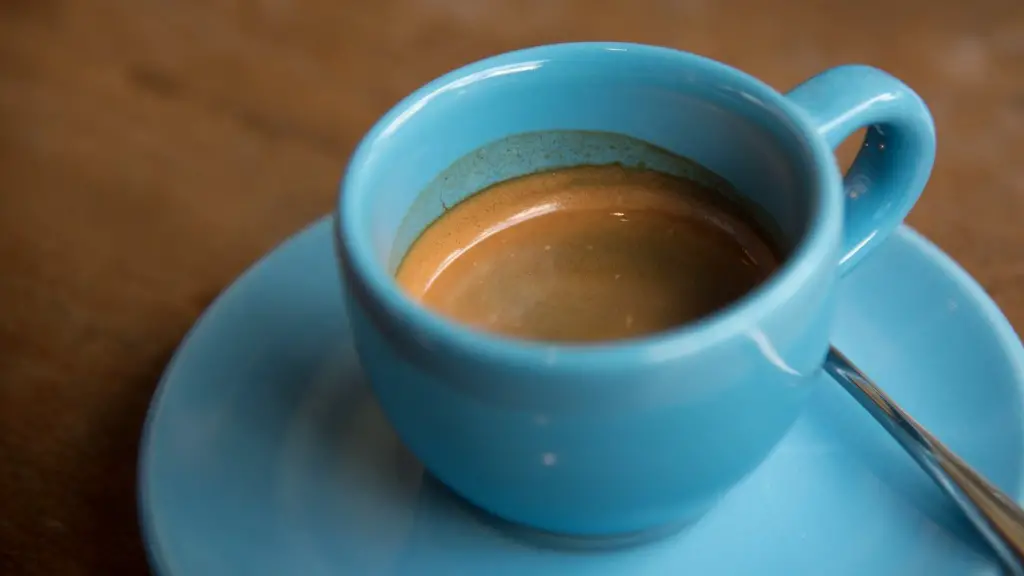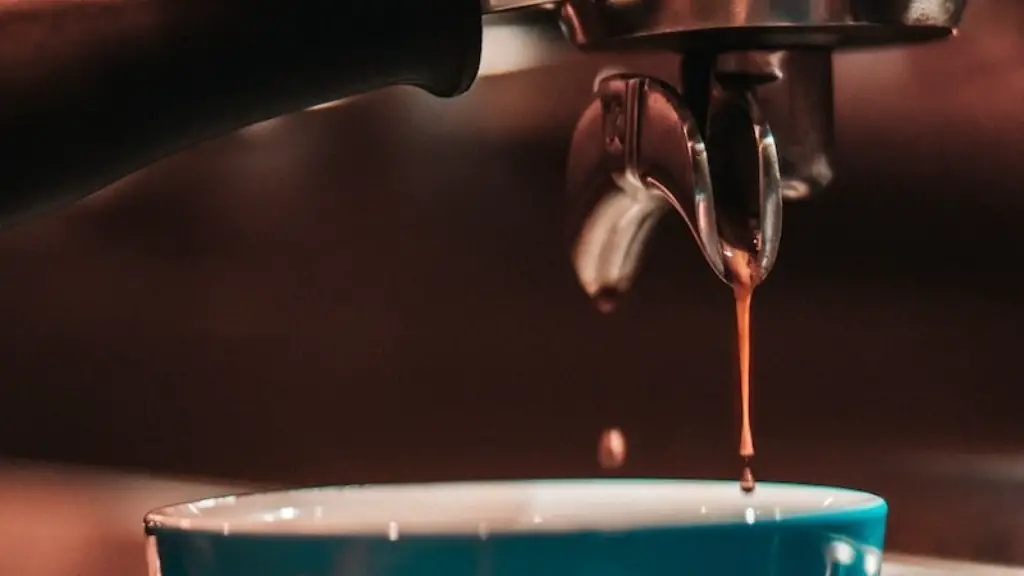Drinking Tea and Coffee During Intermittent Fasting
Intermittent fasting, or “IF”, is an increasingly popular dietary trend among health-minded individuals, showcasing potential health and fitness benefits. The most common type of intermittent fasting protocol involves fasting for around 16 to 24 hours per day and consuming food within a relatively brief window of time. Accordingly, one of the most frequently asked questions about IF is whether or not certain beverages can break a fast. Specifically, this article will determine if drinking tea or coffee can interrupt the fasting process and waste the efforts of those who practice it.
Research indicates that coffee and tea in the forms commonly consumed do not inhibit or otherwise interfere with IF. According to one study, coffee and tea, when consumed without added milk or sugar, promote the beneficial effects usually associated with IF. In addition, coffee, in particular, may increase insulin sensitivity, reduce hunger, and also potentially stimulate the metabolism of fat, all of which are beneficial during IF.
The potential drawback to consuming coffee and tea while fasting is that some types of tea, particularly green and black tea, contain a slight amount of calories. As with any caloric intake during IF, this must be included in the calculation of one’s daily calorie consumption, as it can be enough to break the fast. As such, those on the more rigid end of the intermittent fasting scale may choose to abstain from tea and coffee altogether while fasting.
On a similar note, another question often posed with relation to IF is whether artifical sweeteners can be used to sweeten coffee or tea without breaking the fast. Some studies suggest that saccharin, sucralose, aspartame, and ace-K do not increase blood sugar levels, but there is a lack of consensus on this point. The best course of action is to abstain from any artificial sweeteners in order to maintain an unfettered fasting period. Therefore, IF practitioners who miss the added sweetness of sugar in their coffee or tea are encouraged to peruse other options, such as monk fruit or stevia.
Coffee and Tea as Pre-Fasting Beverages
Another application of IF involves drinking coffee or tea prior to beginning a fast. It is believed that the caffeine content in caffeinated beverages can help to reduce hunger during IF. Further, some diets specific to IF recommend drinking coffee or tea an hour before beginning a fast. While research shows that caffeinated beverages have a moderate appetite-suppressing effect, the impact appears to be more psychological than physiological. However, it may still be seen as an effective way to mentally prepare for the upcoming fast.
In addition to helping to stave off hunger, coffee can also offer excitement or pleasure as it typically involves a comforting or familiar routine. Some IF practitioners come to associate their beverage of choice with the fasting process, thereby imparting a certain euphoria to the experience of consuming coffee or tea. With that said, coffee and tea can undoubtedly work to the advantage of those who practice intermittent fasting.
Summary
In summation, drinking coffee and tea does not break intermittent fasting, and can even be beneficial in some circumstances. Research indicates that these beverages, when consumed without added milk or sugar, encourage the metabolic effects associated with IF. However, tea should be consumed sparingly as it can contain a slight amount of calories. Additionally, while coffee and tea can be used before the beginning of a fast, artificial sweeteners should be avoided in order to maintain an untainted fasting protocol.
Safety Considerations
It is important to keep in mind that for some individuals, a large amount of caffeinated beverages can lead to increased stress and anxiety, reduced focus, and even dehydration. Additionally, caffeine can be addictive and is not advisable for pregnant women, young children, and those with a poor overall health. For this reason, medical professionals recommend avoiding more than four cups of coffee or tea a day while practicing IF.
Health Benefits
In spite of these considerations, research indicates that coffee and tea can offer numerous health benefits during IF. For instance, drinking coffee during a fast has been shown to encourage the body’s use of fat as an energy source, thereby furthering the goals of IF. Coffee and tea can also help to foster a sense of appreciation for the fasting process, and the ritual of creating and drinking those beverages can provide a level of comfort and familiarity to this challenging endeavor.
Alternatives to Coffee or Tea
The good news is that there are plenty of caffeine-free alternatives for those looking for a beverage to consume during IF. Water, tea without caffeine, freshly made juices, and herbal infusions are all options that can provide an enjoyable experience and still adhere to the fasting protocol. Further, these drinks can be taken hot or cold, as well as sweetened with a natural sugar-free sweetener.
Tools to Enhance the Intermittent Fasting Experience
Further, in the modern era, IF practitioners hungry for more specific guidance have no shortage of technological options at their disposal. Mobile applications that track meals, caloric consumption, and activities are now available, in addition to automated systems that set fasting schedules and recommend changes to dietary habits that may increase the efficacy of IF.
Conclusion
In conclusion, while drinking coffee and tea while fasting leaves open the opportunity to disrupt the fasting process, these beverages can still be highly beneficial provided certain caveats are observed. For those committed to intermittent fasting, a well-ordered cup of coffee or tea can help to foster a sense of comfort and familiarity with the fasting protocol, as well as energize one’s efforts for improved physical and mental health.



